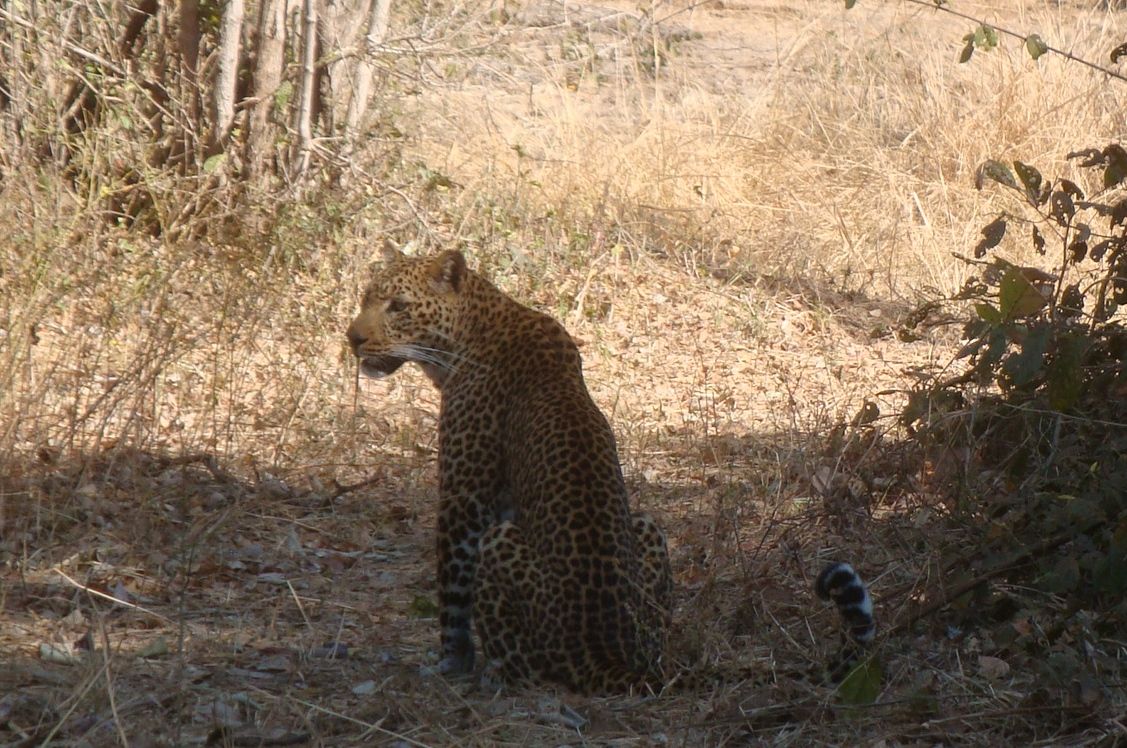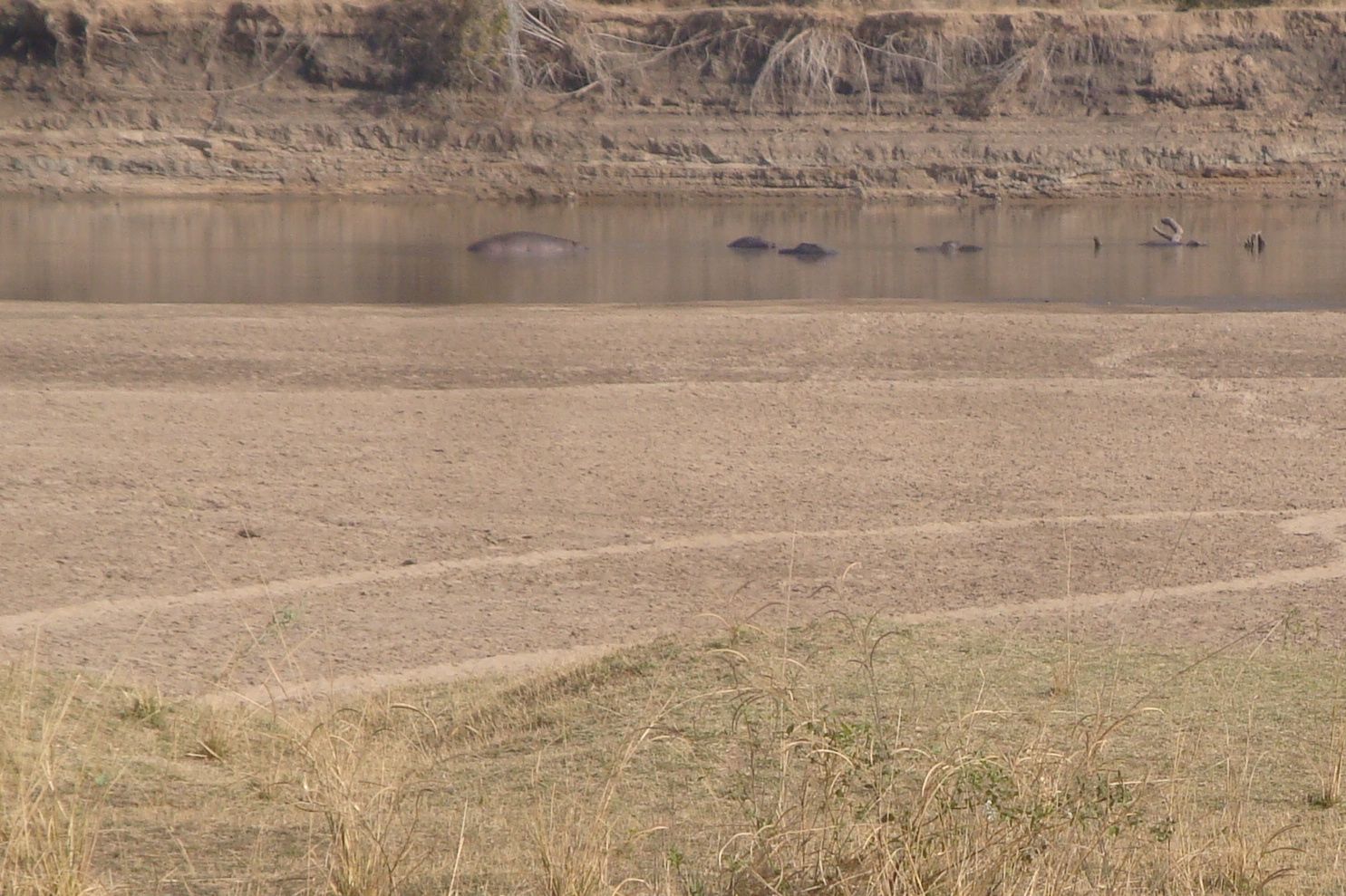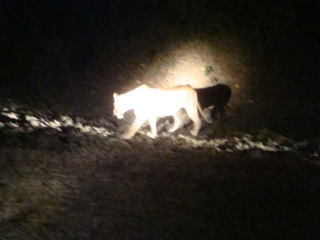A three day trip to South Luangwa National Park in Zambia confirms (IMO) that sub-Saharan fauna in their natural habitat is one of the top Natural Wonders of the World. I also observed a few things about complex systems in the process.
At the park gate on our first day the ranger advised where there had been lion and leopard sightings. Slightly sceptical of the usefulness of such information we set off in search of leopard. Much to our surprise we saw one! Over the course of the three days we came to realise that most animals stay in much the same place for considerable periods, knowledge that the guides use to show the thousands of tourists the very animals they want to see. It’s only when the conditions change (climate/food availability) that they move to a different location. Complex system observation: For periods there is a sense of stability, however gradually conditions will change until there is a ‘tipping point’ that generates change and a new normal.

There are better photos on the official website, but to see a real leopard in the wild is something else.
We had been in the park for most of a day and not even noticed the myriad tracks across the landscape. Made by Hippo’s who spend their days partially submerged in the water, when they leave in the evening to feed their feet are all soft and mushy. So they stay on the same tracks for comfort. It was only after the tracks had been pointed out that we saw them. Complex system observation: Initially when viewing the system you only get to see the obvious components (like elephants). It takes time to see the detail.

HIppos come out of the water at night to feed. To protect their delicate feet they stay on the same tracks.
There are no rhinos. There used to be, but poachers killed the last a few years ago. There is now no mention of them in any park literature. No rhino’s on the tick-off list of animals you’ve seen. No photos, no nothing. Perhaps there were strenuous attempts to combat the poachers, perhaps not. Presumably the eco-system of the park has been irreversibly changed. Complex system observation: Our current reality is the only one. We might say ‘Lest we forget’, but then we make new mistakes: such as now having 50 million refugees in the world.
On a guided night drive, about six tourist 4WD’s converged on a small pride of lions setting off for the hunt. One by one the lions (including a cub) walked through the combined lighting of six spotties, seemingly oblivious to the light, the vehicles, the cameras, the people. Complex system observation: Some things are beyond understanding. Do the lions simply ‘not see’ the intrusion into their space/their universe (the official response)? Are they actually becoming tame? Do they see but don’t care? what the..?

One by one the pride of five lions walked into the light cast by the tourist spot lights.
